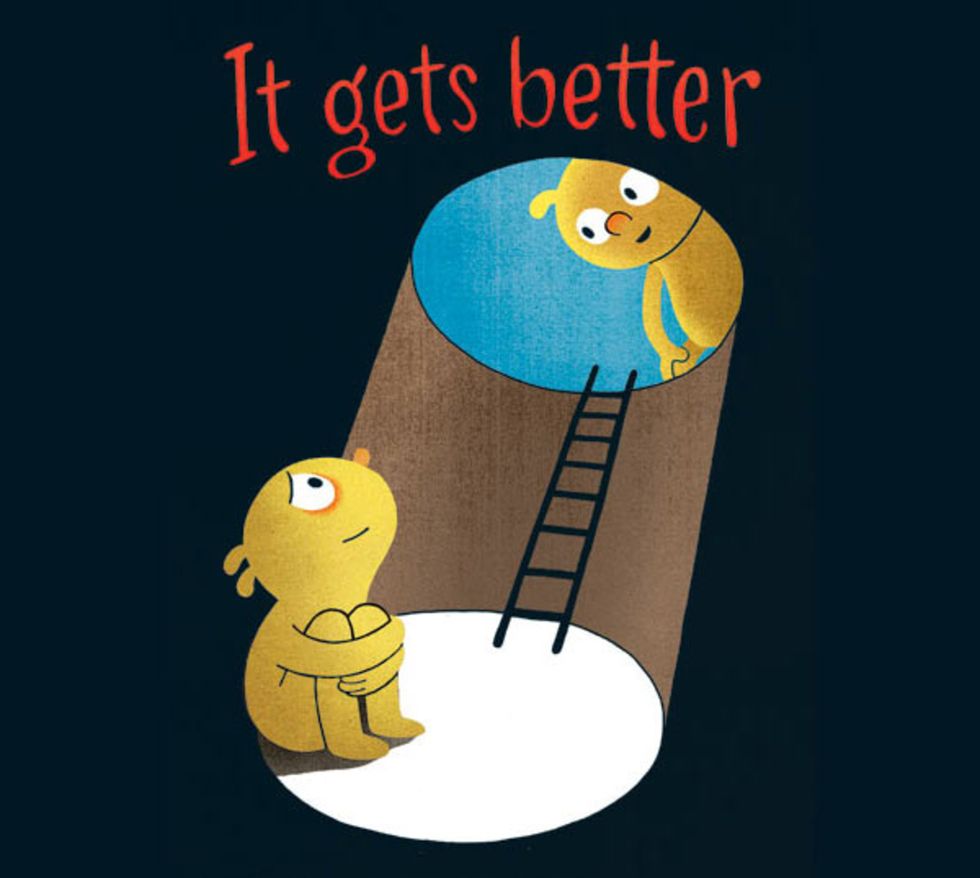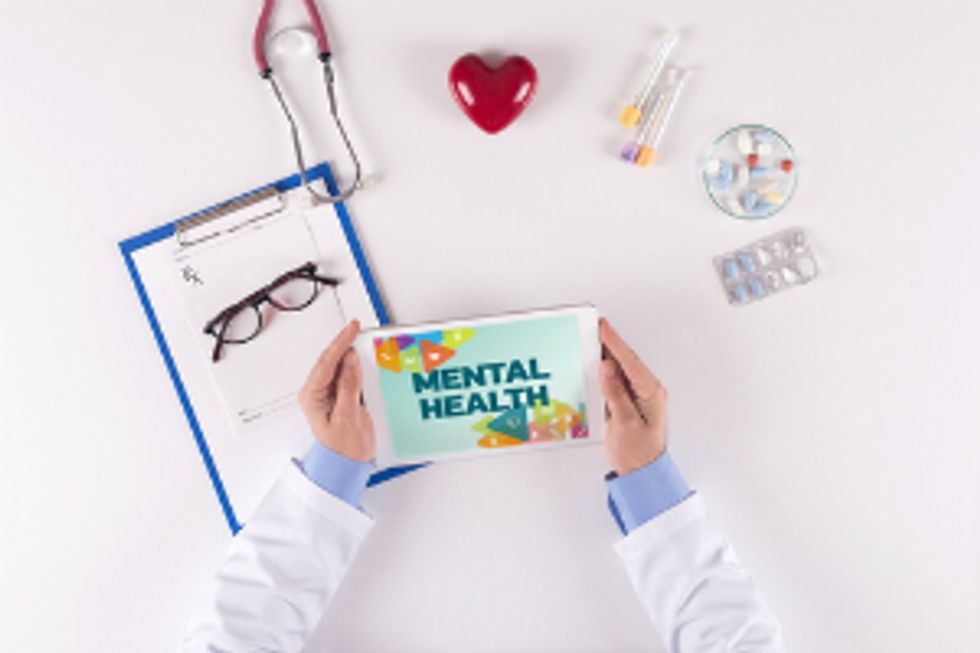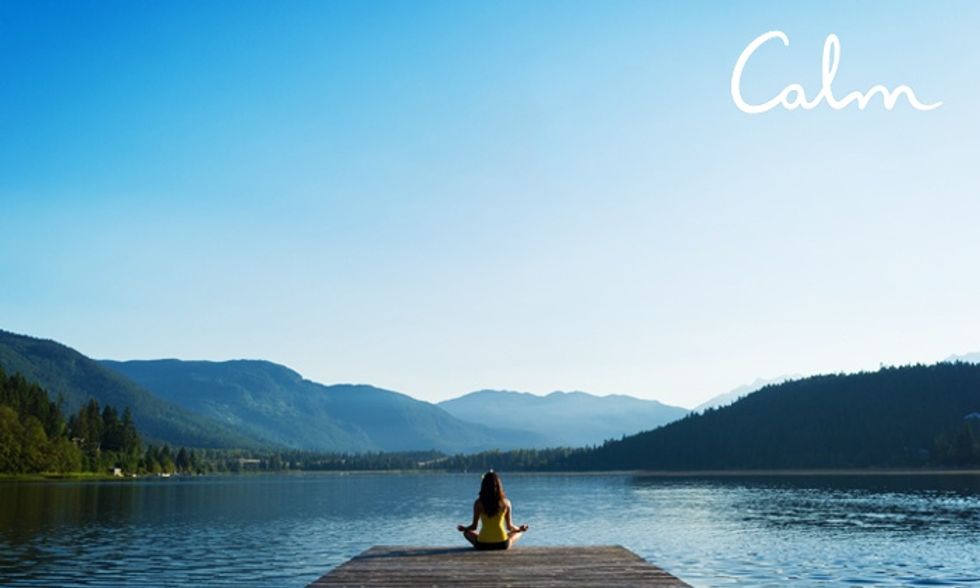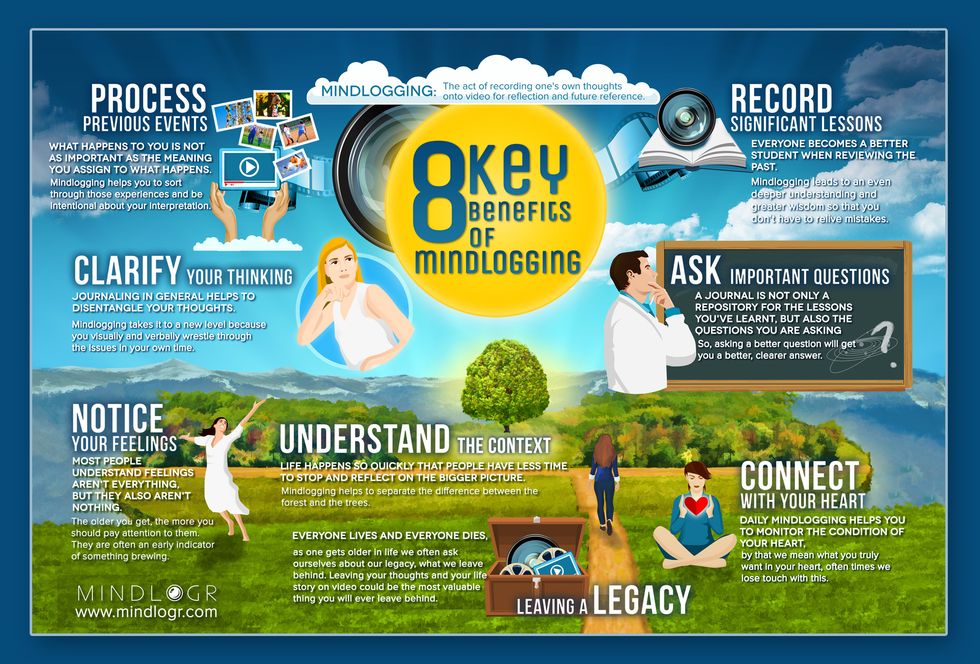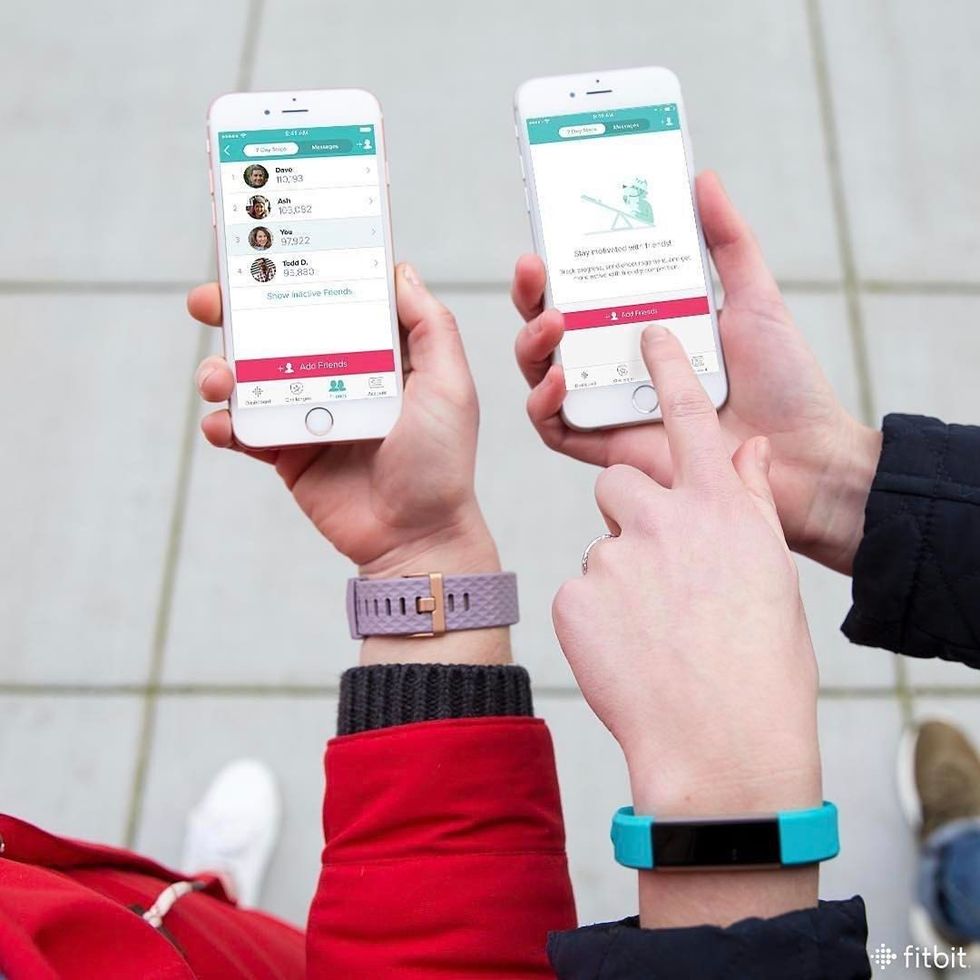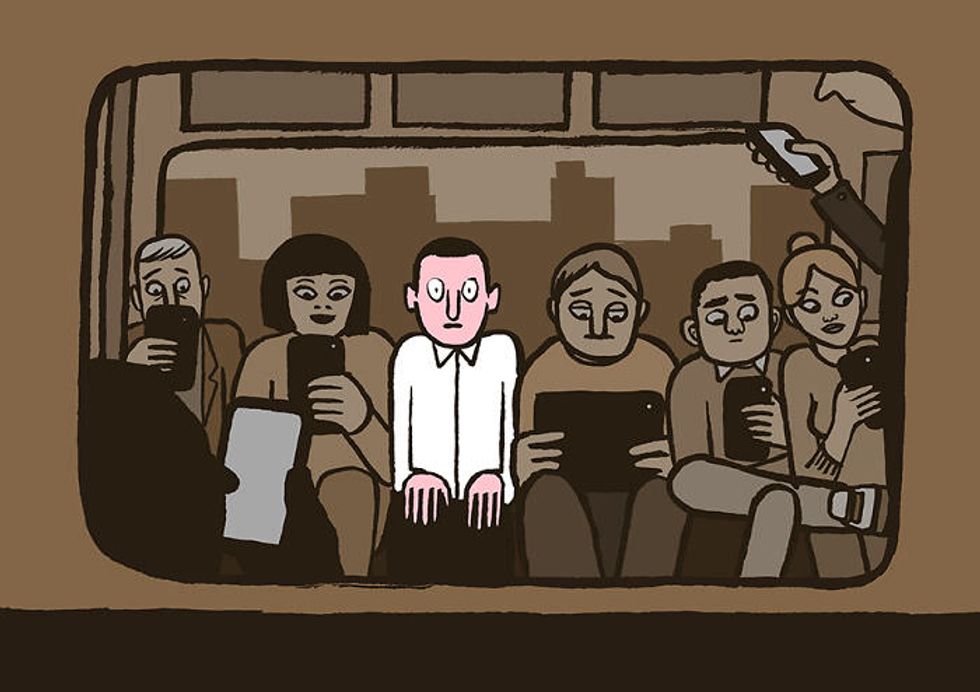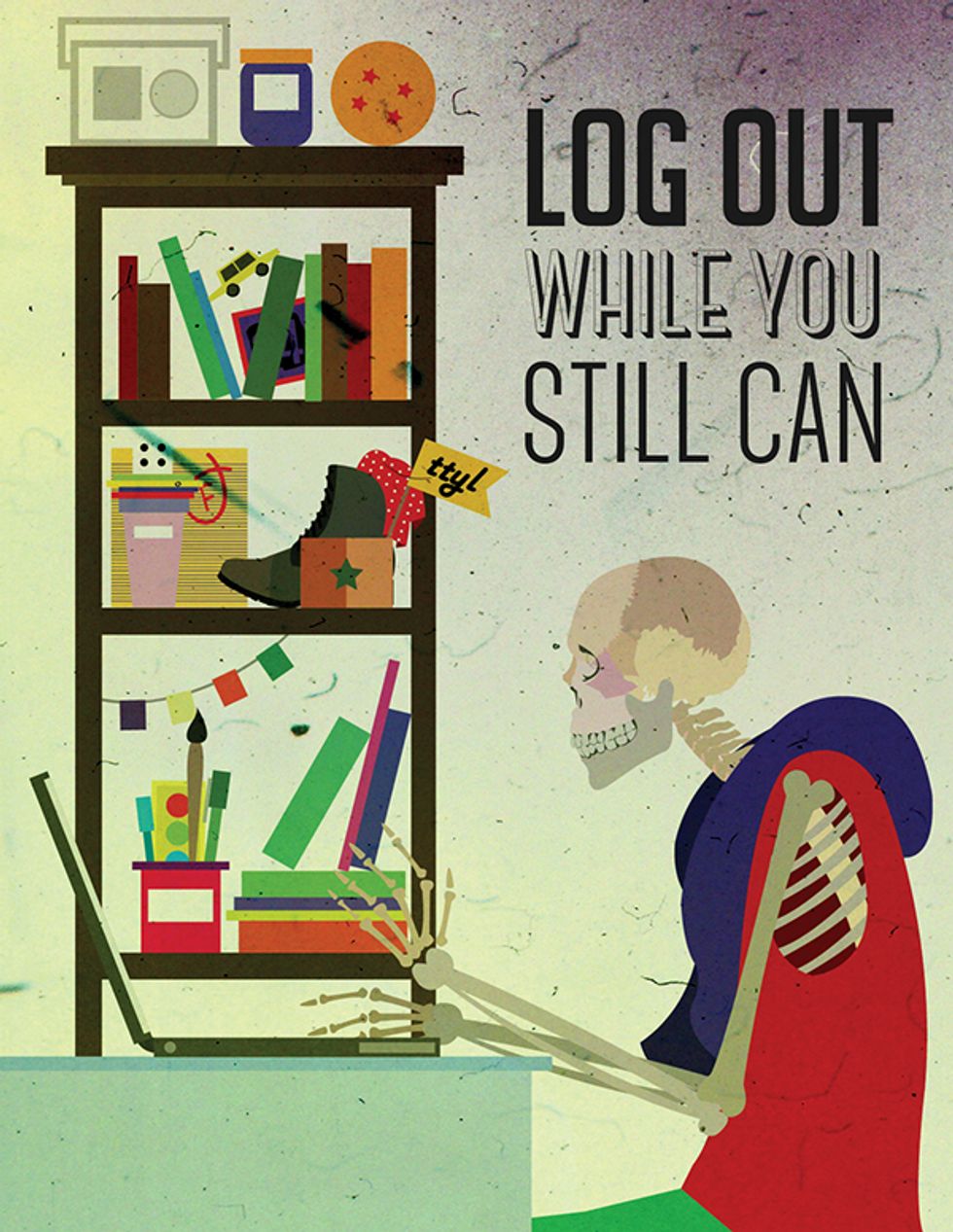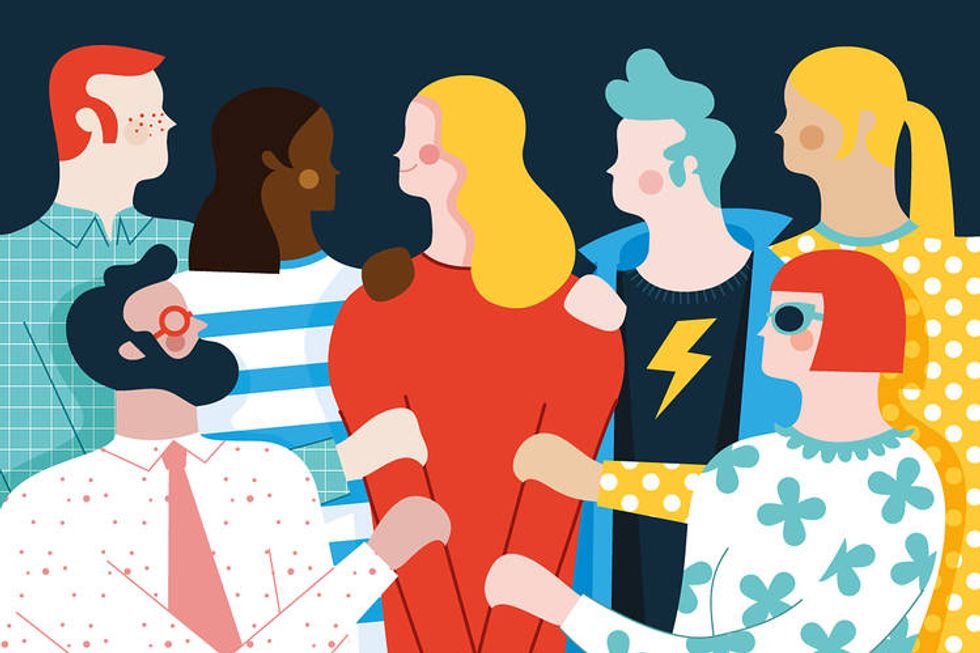Who are we kidding? Gone are the days of VHS, beepers, and palm pilots. We are the poster children of the baby boomers and X generation , and I do not mean the iPhone X. While we have come of age in terms of improving our recognition and acceptance for mental health, we are still a long way from optimal. As millennials , our needs have changed to match the progress of our times. As we embark upon the beginnings of a new tech-friendly era of instant everything, Groupon deals instead of coupons, selfies for every Kodak moment, college degrees that equate to high school diplomas, Netflix instead of Blockbuster, using AR / VR to do math homework, needing Grammarly before we ever had a spell check, and for those embedded deeply in their generational roots, using Google to search for everything rather than the days of good old library research...we still need an upgrade. Although Millennials may feel that starting their day with a grande iced soy mocha, shopping for our wheatgrass shots at Whole Foods, and staying plugged to social media might be the fix we need to compensate for the mental gap, I am here to tell you that we are really missing a few things. Here are 5 helpful add-ons to boost our mental health into the next generation:
1) Online Therapy
We now have a new digital platform to receive behavioral health services that some may prefer over in-person therapy (like those who prefer Kindle to hard copy books). The benefits of online therapies are many. For much more affordable rates to sync with the student loan debts of our times, we can have an unlimited connection to a real licensed therapist that is specialized for individual mental health needs. Unlike face-to-face therapy, online therapy may be a more comfortable, accessible, affordable, and more efficient option than traditional in-person talk therapy. The best services available are Better Help and Talk Space. If you need more immediate help, Crisis Text Line offers free, 24/7, and confidential support in the USA by texting HOME to 741-741. Stay Positive! If you want to help others, consider getting free training in Mental Health First Aid .
2) Calm
Because of the instant nature of millennials, meaning more imminent deadlines, wifi-related panic, and bright screens burning our retinas, we have reached record highs of anxiety, depression, and sleep-related disorders. Before I even tried out the Calm app, I thought I did not even have 5 minutes of time to take away from responding to emails and reblogging to be more mindful. After giving it a try, I realized 5 minutes a day is very doable. Before you knock it off, Calm offers plenty of free content and inspiring mediations for a worthwhile startup. I just love seeing the moving displays of rain falling, or lakewater lulling at sunset. Best of all, it's available for Chrome extension so you can remember to fully breathe before getting stressed out online. Tip: Listen to mental health books on Audible like "The Power of Now" by E. Tolle.
3) Vlogs
As millennials, we are lucky that we have a whole culture of bullet journaling #bujo and vlogging. As much as I love writing, I have a deep place in my heart for filming and vlogging. There are so many benefits to starting a video journal . It is faster and easier to get your thoughts out through film and allows you to see yourself in a more reflective light. While many millennials post their vlogs to YouTube, I believe personal therapeutic vlogs should be saved on a private drive. Mindblogr is a private video logging platform that offers daily recording reminders and a Mind Exploration Guide (MEG) to help you grow in a new way of self-reflection. You can leave a legacy by appointing a custodian to your videos after you pass and features automatic weather recording so that Mindlogr can help you correlate how your mood changes with the weather and grant your therapist access to your private videos for a better therapeutic edge.
4) Fitbit
Our physical health is so connected to our mental health that it's incredibly impractical to consider one without the other. You won't have the best mental health if you don't have healthy habits of sleep, water intake, high-quality calories, and of course, the daily dose of your favorite exercises. Fitbit syncs with your phone or Fitbit watch and other health apps to keep track of all these things. With other apps like Achievement and Sweat Coin , you can literally get paid to log your health in. Make it fun and keep moving as Fitbit will remind you so you can avoid sitting disease. Need some ideas? Runtastic Results , Zombies Run , and Geocaching and many more .
5) Unplug + Reboot
While there are many beneficial apps for mental health, nothing may be better than logging off in a world of being constantly logged on. Turn off your phone or put it away, power down your devices, go to yoga class without your phone, plant your feet on the Earth (Earthing) and reboot yourself. We are so obsessed with the lives of others that we often may forget about the one person we are with always no matter what: ourselves. Build time every day to just be away from all the distraction and radiation of your devices and the damage it does to your eyes and brain. You will be amazed by how much better you feel after just 5 minutes of taking a mini-vacay from tech. Struggling? Take the quiz to see if you have Internet Addiction . If yes, there are treatments available.It will get better!
"Young adults spend more than 6 hours per day feeling stressed out." While I can write a whole book about this guide to millennial mental health and plan to, just know that everything will get better as we are always improving and trying our best. Remember, starting out with small changes, in the beginning, is better than no change at all. Change takes time. If you start making some changes now, you can be feeling your best, happiest , calmest, and healthiest self sooner than later. What's stopping you? Don't just survive, thrive!

